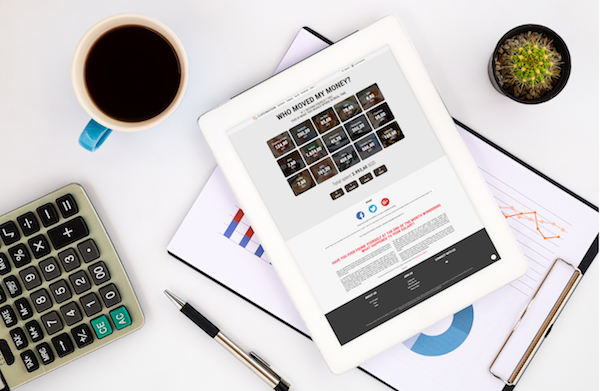Do you often go over budget at the end of the month? Are you aware of where all your money is going? If not, you may want to consider tracking your spending.
Here are a few reasons why tracking your spending is worthwhile, and how to do so:
No More Going Over Budget.
When you track your spending, you will always know where every dollar goes. This is a great way to find which expenses are putting you in the red, and help you stay on budget. The biggest reason people go over their budget is because they simply don’t remember how much money they’ve spent on the little things. A few dollars here and there make all the difference at the end of the month!
Make a Rainy-Day Fund.
One of the best ways to stay on budget is to have a rainy-day fund. Putting away a little extra money each month is essential in order to fund an unforeseen expense. If you’re comfortable with online banking, why not create an automatic withdrawal from your checking account to a tax-free savings account? Start with $10-$25 per week. You’ll be surprised how quickly you can save up! If an emergency comes up and you haven’t had enough time to save, opt for a quick online loan that allows you to pay it back over time.
How to Track Your Spending.
While there are many apps that can help you track your spending, the process doesn’t need to be fancy or complicated. A great way to keep track of your spending is by reviewing your bank and credit card statements at the end of every day. This will help you keep track of where you’re spending and how much you’ve spent, in order to readjust for the days ahead. Once the month is over, review the total amounts and apply what you’ve learned about your spending habits to the months ahead.
Utilize Spreadsheets.
To narrow down your spending, even more, you can create a budget spreadsheet. This will allow you to break down your spending into different categories. You can categorize your spending into groups such as: living expenses, personal expenses, savings, extras, and more. By breaking down your spending into different categories you will be able to quickly notice where you need to spend less, and where you can spend more. This will help you to stay on budget and have a little extra money at the end of the month.
Use Cash.
Another idea is to use cash for some areas where you spend each month, like groceries, restaurants or take-out food, and entertainment. Keep an envelope for each of these areas and put the amount of cash you budgeted in it at the beginning of the month. Use only cash from the envelope to pay for these expenses and this will help you to stay within your budget. Once the cash is gone, you are at your spending limit for that particular area. Also, if you keep the receipts in your envelope, you can clearly see where you have spent that money.
Now that you know how to keep track of your money, why not get started today? While tracking your spending might seem like a boring task – here are some personal finance tips to help – it can be a source of relief from the stress associated with accumulating debt.
The post Why And How To Track Your Spending appeared first on Young Upstarts.
from Young Upstarts https://ift.tt/2ZWtZf4 via website design phoenix


No comments:
Post a Comment